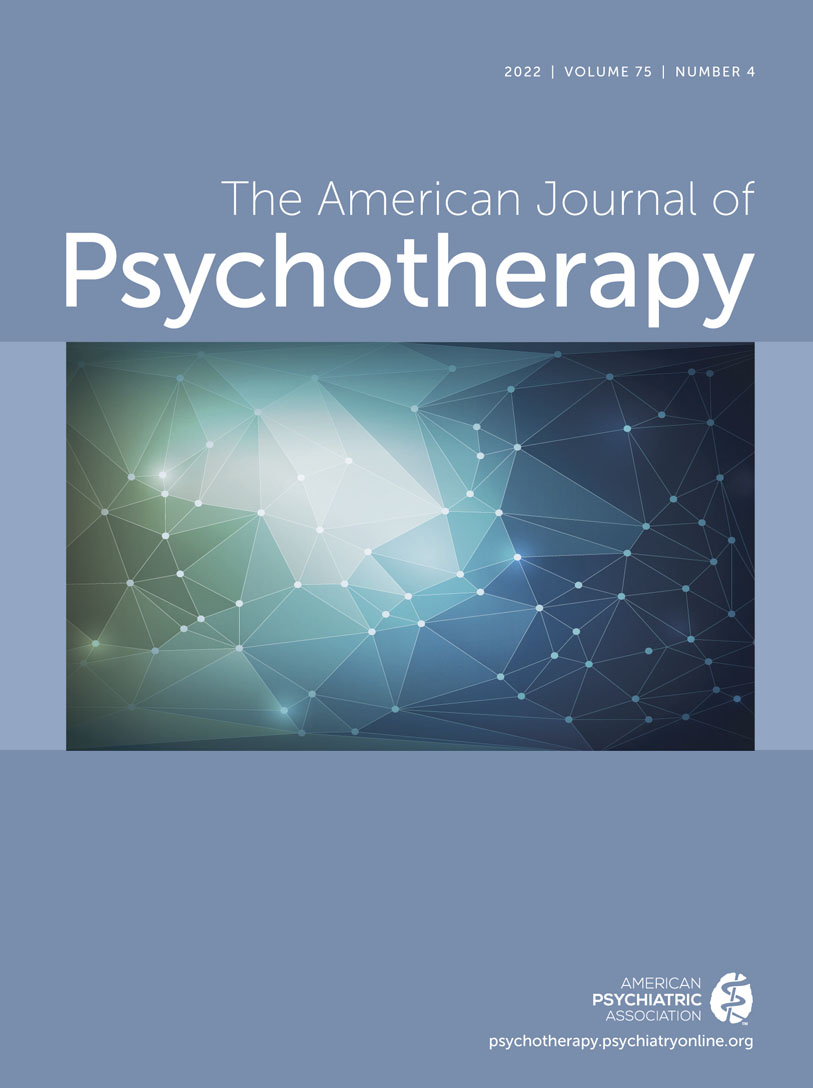Pilot Randomized Controlled Trial of Interpersonal Psychotherapy for Women With Depression in Iran
Abstract
Objective:
Interpersonal psychotherapy (IPT) is an evidence-based psychotherapy, developed to treat major depressive disorder. The aim of this study was to conduct a preliminary investigation of the effects of IPT on depressive symptoms and quality of life among women with depression in Iran.
Methods:
Adult women ages ≥18 who met DSM-5 criteria for a current major depressive episode (N=30) were randomly assigned to receive 12 weeks of individual IPT or to a waitlist control (WLC) group.
Results:
Compared with women assigned to WLC, those assigned to IPT had significantly lower depression scores (F=155.1; df=1 and 26; p<0.001) and higher quality-of-life scores (F=137.5; df=1 and 26; p<0.001) posttreatment, with controls for pretreatment values.
Conclusions:
Compared with WLC, IPT was associated with greater reductions in depression and improvements in quality of life, suggesting the promise of this approach for treating depression among Iranian women.



